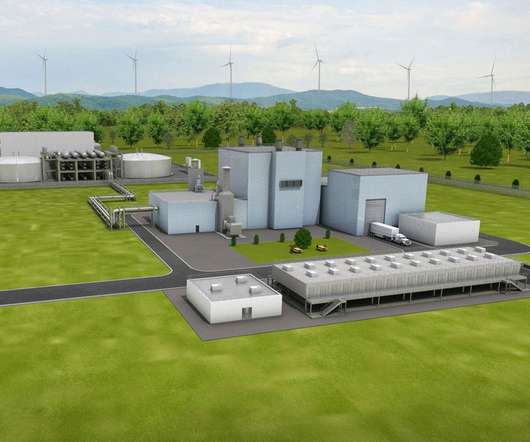3 East Coast states and DC first to participate in TCI-P cap-and-invest program for transportation
Green Car Congress
DECEMBER 22, 2020
The governors of Massachusetts, Connecticut, and Rhode Island, and the mayor of the District of Columbia announced that theirs will be the first jurisdictions to launch a new multi-state program that the principals expect will invest some $300 million per year in cleaner transportation choices.











Let's personalize your content